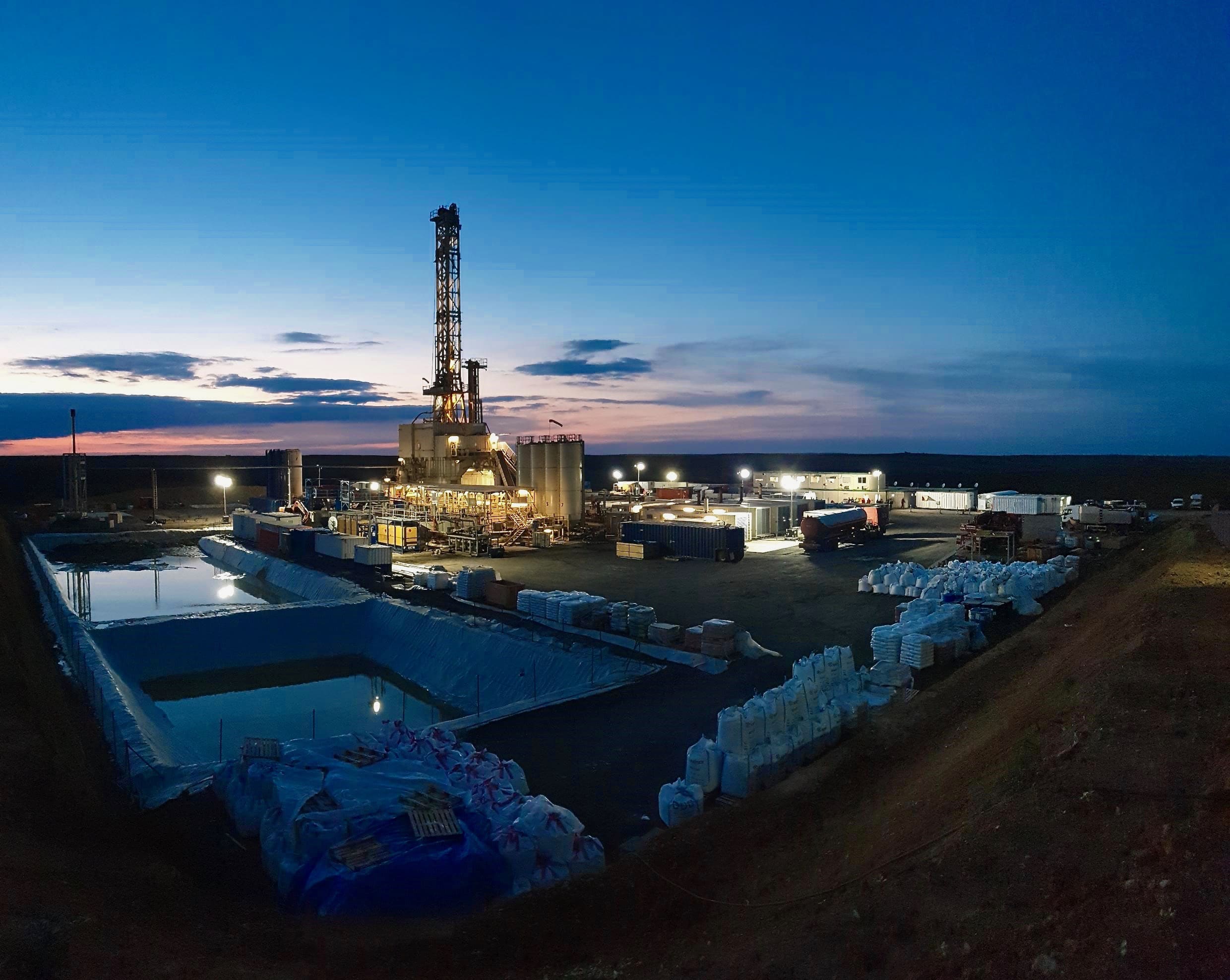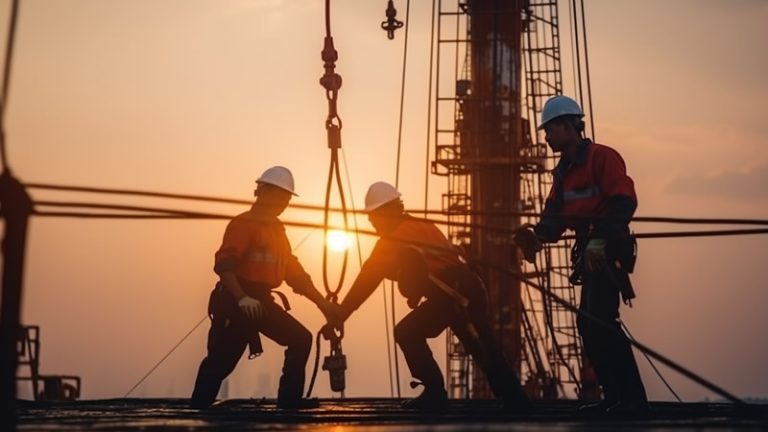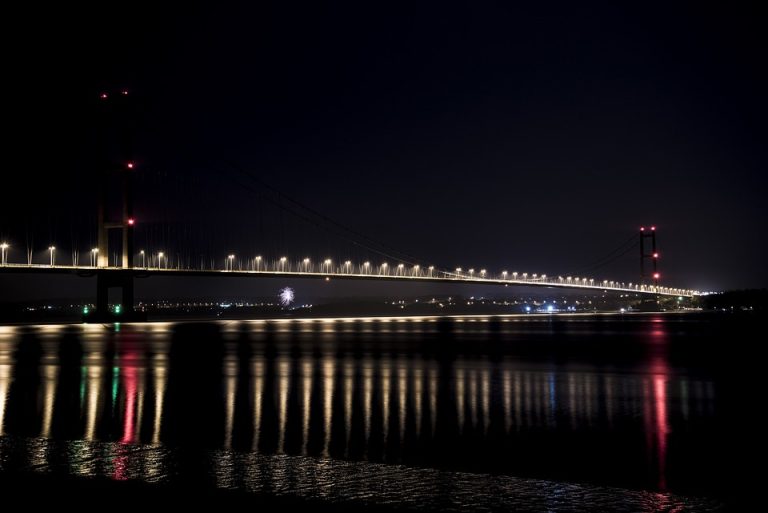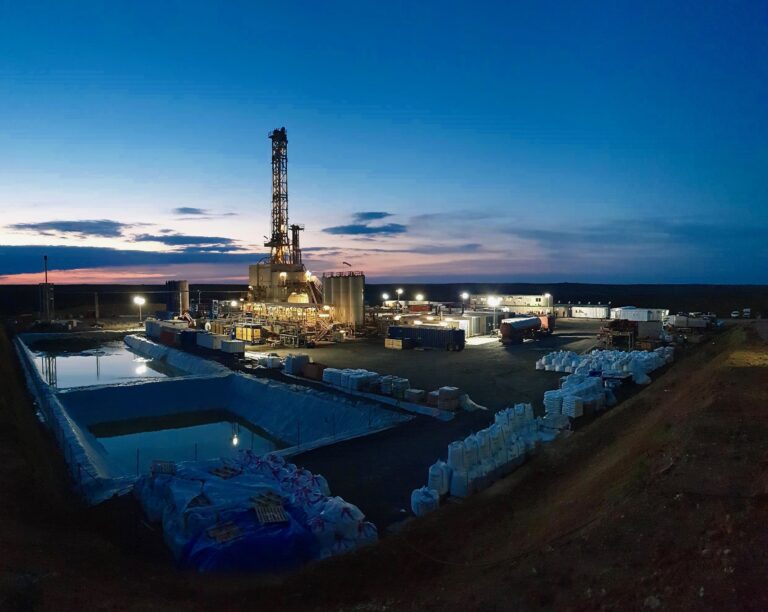Valeura Energy plc (LON:VLU) is the topic of conversation when Auctus Advisory’s Co-founder and Head of Research Stephane Foucaud caught up with DirectorsTalk for an exclusive interview.
Q1: Stephane, can you tell us more about what the acquisition entails?
A1: Effectively, Valeura Energy is acquiring two assets from receivership and the fact it’s receivership is important and those assets are located in Thailand, in off-shore shallow water. They’re buying 4 million barrels reserve that are about to be put into production and 13 million barrel contingent resources including a ready-to-go gas development and they’re also buying infrastructure. They’re paying for that $3 million in cash up front so that’s the facts.
What I really like about it are a few things, first the geographic. I think the geographic is great, it works and there have been some very successful stories, listed in the UK in that geographic. I’m talking about Salamander, it was sold for $1 billion and COSL that was sold for $2 billion and in those two cases, it was the same thing as Valeura. You take a small thing, in those two cases the multiplied the reserve by 3-6 times and production by the same amount over a period of about 6 years so, it works very well.
The second thing I like about the transaction is, as I mentioned, it’s from receivership so they are paying hardly anything for it, it’s very accretive. In one of the assets, production stopped in 2020 when the price turned negative with COVID and has been very well maintained since then so it’s very easy and quick to bring back that asset to production. I also like the structure of the transaction with a very small payment upfront and then the payment coming as cashflow comes dependant on the underlying.
Lastly, what I find very interesting with this transaction is that the management did it. Many companies are looking to make transactions nowadays, to make acquisitions and in the context of higher price, it’s difficult. So, the fact they were able to deliver such an accretive transaction is great and it’s a region they know very well because that’s where they used to operate.
Q2: How do you view its strategic fit alongside the company’s Turkish assets?
A2: I would start by saying that the management has a lot of experience in Southeast Asia so there is a strategic fit with the gas and has been working in that area of the world for a long time.
You can look at the transaction almost as a cashflow recycle, they sold the Turkish shallow gas for about $20 million, this was a declining production, and the $20 million is more or less what they would need to close the transaction in Thailand and to bring back those fields to production. So, they’re selling declining gas production in Turkey and they are buying growing oil production in Thailand with plenty of upside so that works very well.
What remains in Turkey requires very low level attention, it’s basically, it’s deep gas that they are looking to farm out at some point so if that happens then great, there would be a lot of value created. If it doesn’t, it doesn’t take much management time.
Q3: What’s the expectation around production volumes and potential revenues in Thailand?
A3: As I mentioned, it’s quite unique and interesting production because those assets have been well maintained during the time the previous operator was in bankruptcy and the asset was basically shut down, it’s quite easy to restart. So, by the end of the year, production could be restarted around 3,000 plus a day then there would be a drilling programme that would start to take production to probably 5,500 a day by mid-2023. The there’s the ready-to-go development asset that I talked about which his called Rossukon, that could add more or less 5,000 a day by the end of 2023/early 2024 depending on what the development would look like but the production profile might change a bit.
In terms of cashflow, it’s basically a $35 million cash flow a year, just from restarting the production and then it goes up from there with all this additional level of production I talked about.
If you look at it from a net cash perspective, so including CAPEX, you could be looking at the overall net cash position of the company, representing twice the current market cap in 18 months’ time so it’s really good.
Q4: What other potential opportunities do you foresee for Valeura Energy in the future?
A4: I think there are really three layers of upside. The first layer is going after the contingent resources in the Thai asset that they’ve just acquired and you are looking at potentially three times the reserve so that’s one thing and then there is on top of that some potential on the side. That’s near-term, that’s defined, they have it.
The second source of upside is probably to do more acquisition and in Southeast Asia, there are a lot of players looking to sell down their asset given the current energy contacts so there will be opportunities. Typically, when you have become an operator in Thailand, like VLU, it’s much easier to make subsequent acquisitions, the first one is the most difficult. So, more acquisitions would be the second source of upside.
Lastly, of course, there is the Turkey deep gas and within the context of the crisis of gas in Europe, gas price skyrocketing everywhere, of course gas is becoming much more interesting to a lot of players, it’s become strategic so that could attract a farm in partner. That could unlock a lot of value because this is potentially very very large, as we know.








































